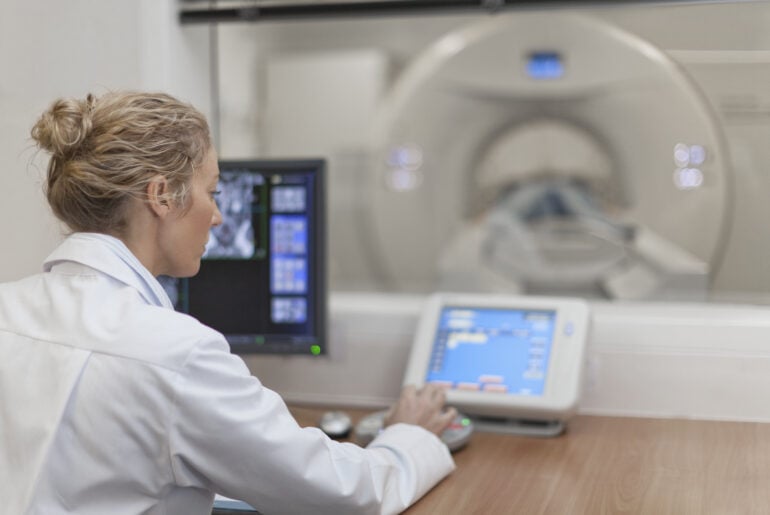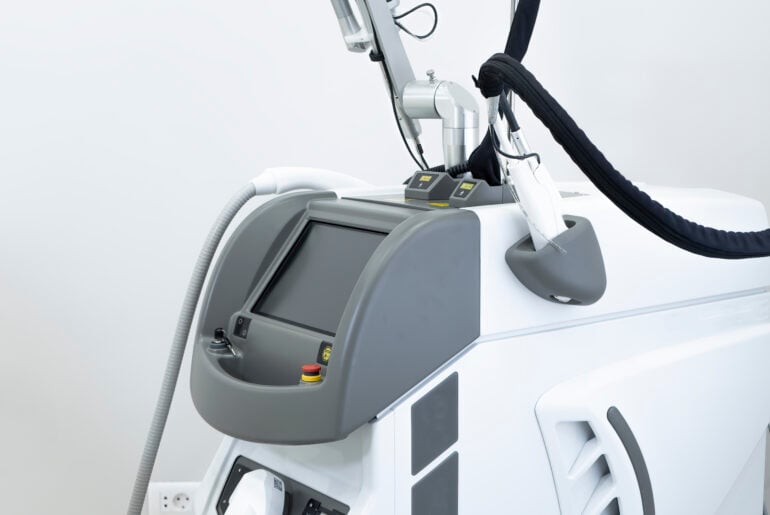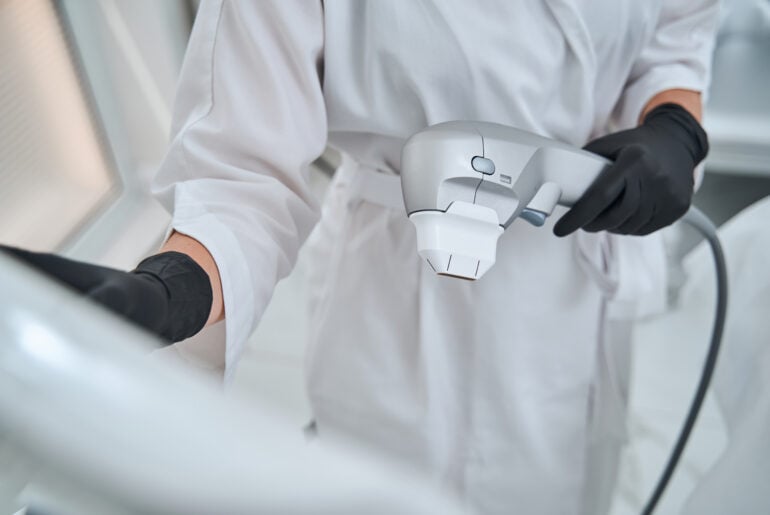The MHRA didn’t take a summer break this year, so while we were packing our suitcases, the MHRA has been packing in the device reforms. We’ve set out a rundown of what’s new for medical devices in the UK. The main takeaways are: The details Enforcement is already happening. We’ve seen manufacturers navigating the new MORE portal (guidance here) and parsing fresh guidance on reportable incidents – including device-specific examples like Software as a Medical…
On International Clinical Trials Day, the UK’s MHRA unveiled a major shift: a consultation on using external control arms (ECAs) based on real-world data (RWD) for regulatory decisions. This move aims to leverage patient-level data collected outside clinical studies to compare the efficacy and safety of interventions in clinical trials. Stakeholders have until the end of June to weigh in. What’s the Focus? The guidelines target sponsors planning to use RWD ECAs in trials needing…
In September 2025, the UK’s new “failure to prevent fraud” offence will come into force. The new offence, introduced under the Economic Crime and Corporate Transparency Act 2023, marks a key step in the UK Government’s longstanding efforts to enhance the economic crime enforcement toolkit in the UK, and the offence will impose significant new obligations on a range of companies with UK touchpoints. In November 2024, the UK Government published detailed guidance on the…
The UK’s MHRA has published a statement of policy intent for recognition of international regulators’ approvals of medical devices in Great Britain (GB). If your organisation’s medical device is authorised in any of Australia, Canada, the EU, or USA (together, Comparable Regulator Countries or CRCs), you may be able to leverage this to gain fast-tracked access to the GB market. This means that manufacturers may be able to side-step the full UK authorisation process for…

The UK Medicines and Healthcare products Regulatory Agency (MHRA) on 30 April 2024 set out its strategic approach to artificial intelligence (AI). In particular, the MHRA welcomed the publication of the UK Government’s white paper ‘A pro-innovation approach to AI regulation’, published in 2023, and has taken significant steps in the past 12 months to adopt its recommendations in the work they do based on five key strategic principles. These principles encompass safety, security and robustness; appropriate…

As the pharmaceutical industry adjusts to the further changes the Windsor Framework will bring, there are important changes ahead for parallel import licensing across the UK. The transition from Parallel Distribution Notices (PDNs) to Parallel Import Licences (PLPIs) has introduced new requirements that will impact parallel distributors in Great Britain and Northern Ireland. In Great Britain, PDNs have already been replaced by PLPIs, allowing products to be marketed exclusively within the region. However, with the…
The UK’s Medicines and Healthcare products Regulatory Agency (MHRA) has published a new roadmap setting out its timeline for an overhaul of the UK medical device regulations. The MHRA is taking a phased approach, with new legislation pencilled in for 2024 on Post Market Surveillance (PMS) and in 2025 for a wider core framework. Current plans indicate certain areas of alignment with the requirements of the EU Medical Devices Regulation (EU MDR). The MHRA further…
Manufacturers of Machine Learning-Enabled Medical Devices (MLMDs) face a key challenge: existing requirements and processes on the notification and management of ‘substantial’ and ‘significant’ changes to medical devices need adapting for MLMDs. The MHRA, together with the U.S. Food and Drug Administration (FDA) and Health Canada, has published five guiding principles on predetermined change control plans (PCCPs) to help resolve this tension. What is the tension between AI and change management for medical devices? Some…
The UK’s Information Commissioner’s Office (ICO) has launched a public consultation on its draft guidance on transparency in the health and social care sector. The proposed guidance emphasises the importance of going beyond the legal requirements of the GDPR in order to build trust with patients, and builds on themes of openness, honesty and patient engagement. The consultation is open until 7 January 2024. We’ve set out our top six takeaways on the proposed guidance…
The UK government has issued proposals for a new licensing regime for currently unregulated cosmetic procedures whilst also intending to classify and regulate certain cosmetic products such as dermal fillers as medical devices. The government has brought forward an amendment to the Health and Care Act 2022 that gives the Secretary of State for Health and Social Care the power to bring into force a licensing scheme in England for non-surgical cosmetic procedures. The purpose…








